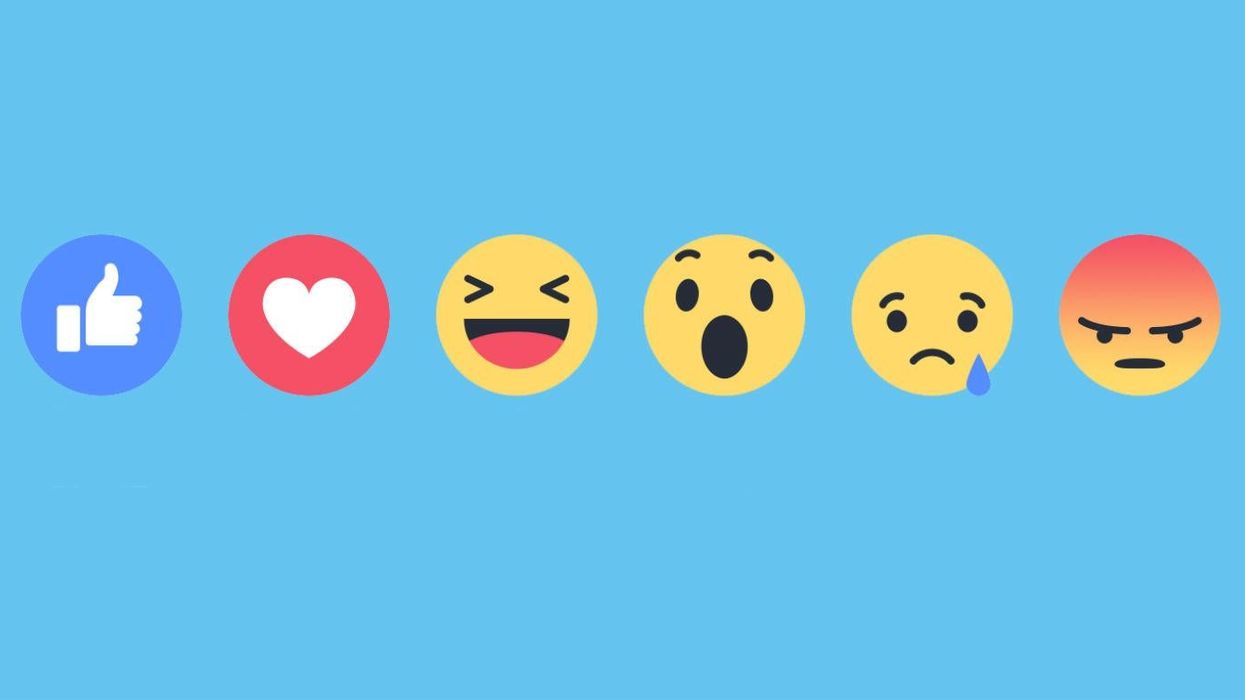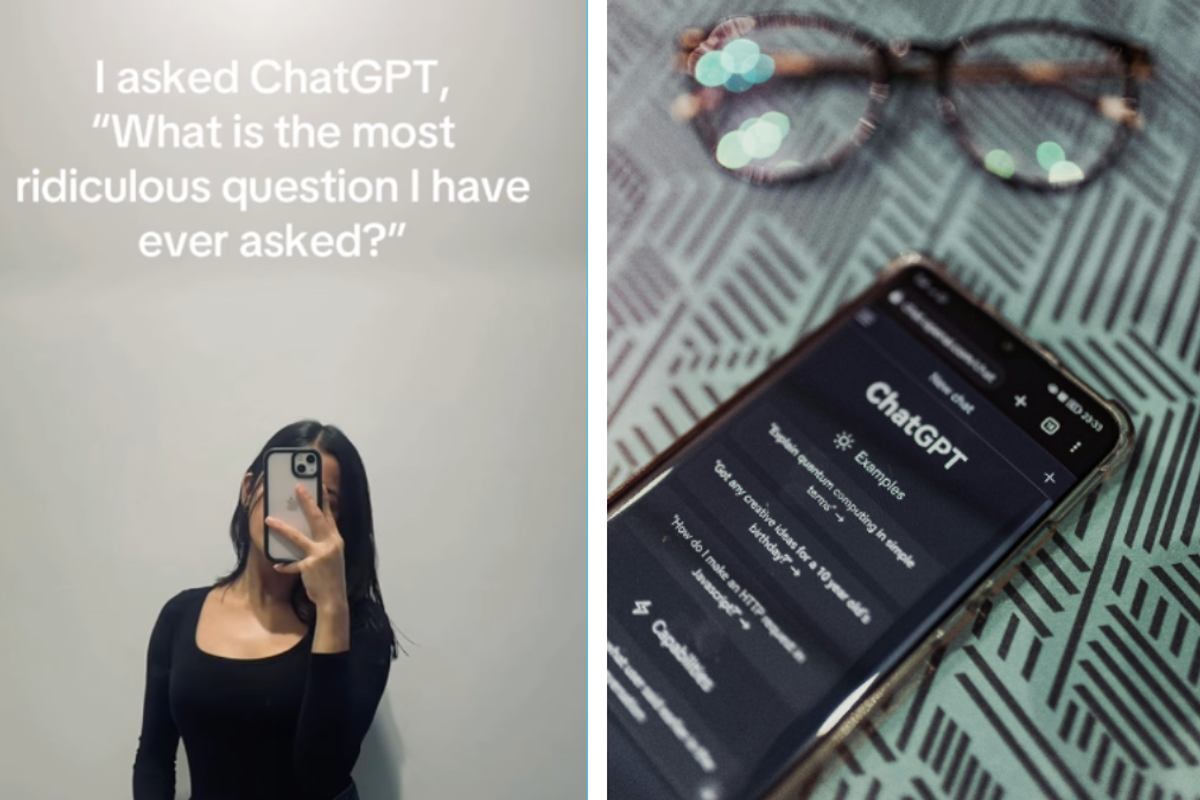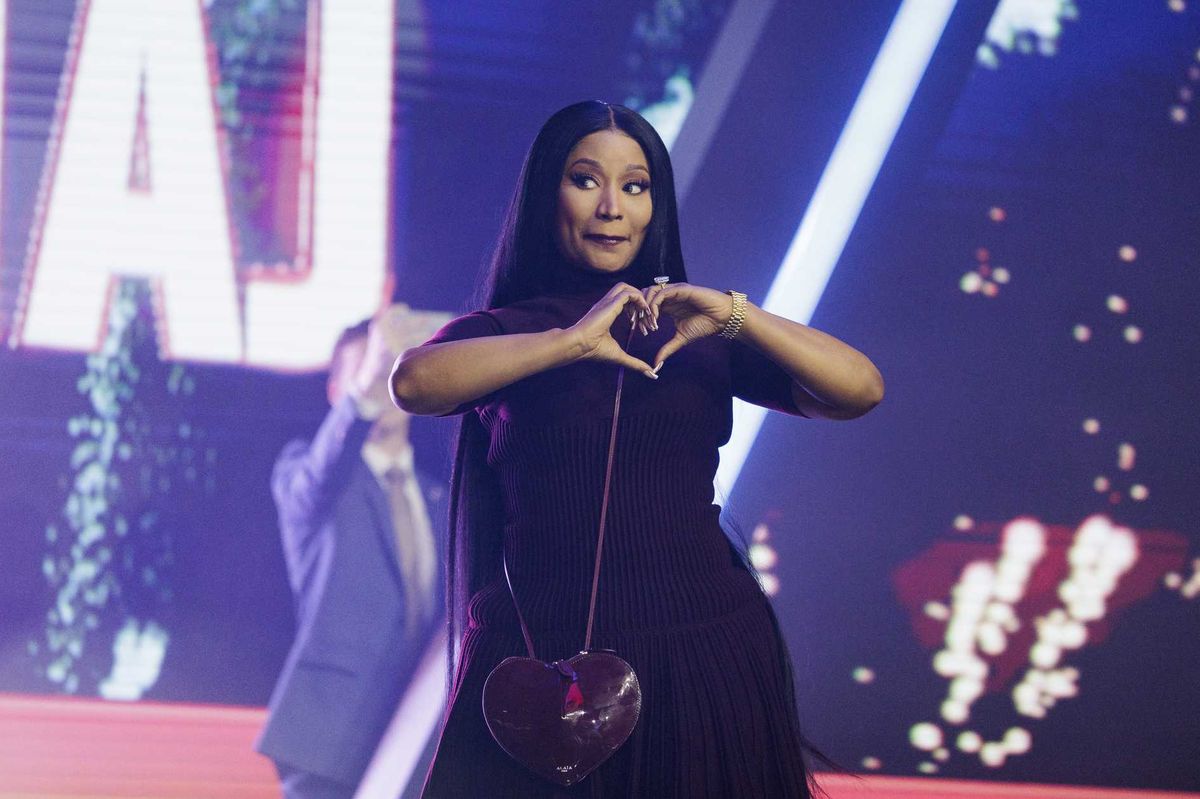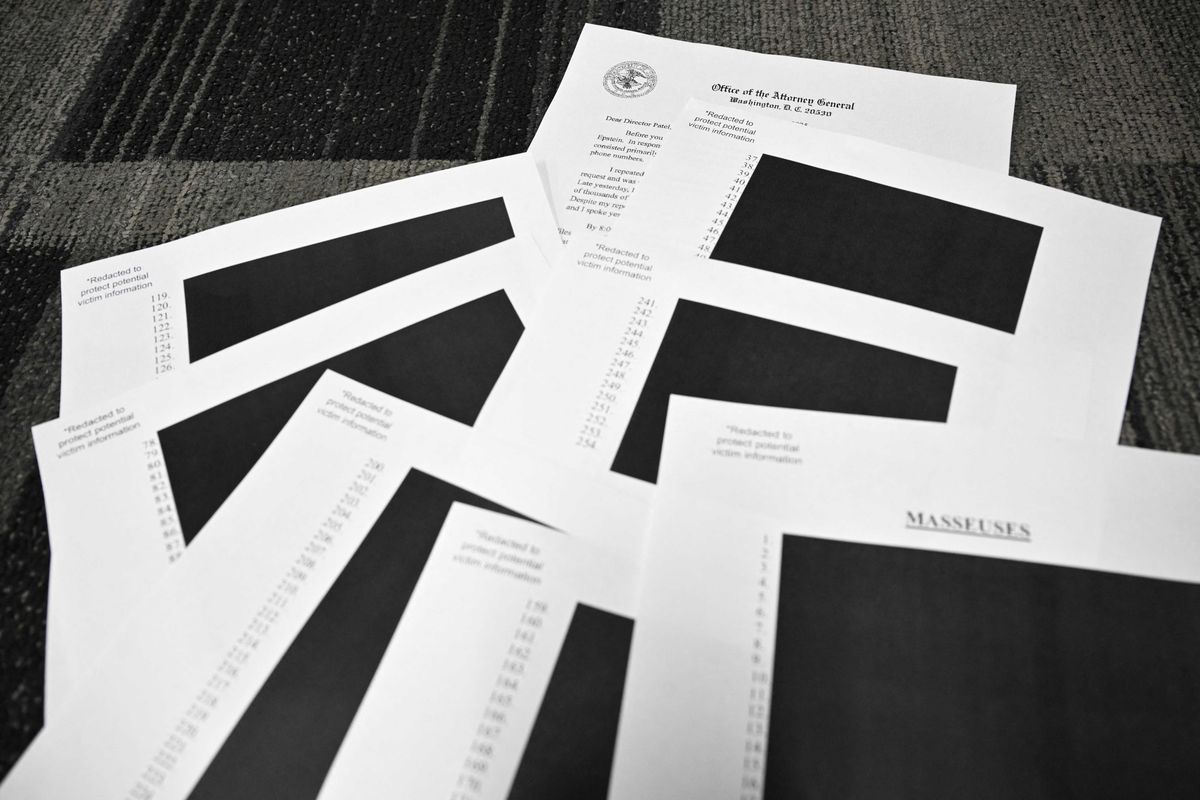Science & Tech
Bethan McKernan
May 15, 2016

Facebook's long-awaited 'dislike' button, as we all know by now, was not actually a thumbs down button, and rather a bunch of 'reaction' faces:
The new set of four emojis and a heart were launched in February to, err, mixed reviews. More than 90 per cent of interactions with a status are still just old-fashioned likes, apparently.
But if you are a fan, Belgian police have a warning for you: they're an invasion of your privacy.
A statement on the force's website says Facebook is using the reactions to collect information which helps decide how advertising is sold to you - and recommends not using them to protect user privacy.
The icons help not only express your feelings, they also help Facebook assess the effectiveness of the ads on your profile... By mouse clicks you can let them know what makes you happy.
Facebook can tell when you're in a good mood and time ads accordingly, the police claim.
...So that will help Facebook find the perfect location, on your profile, allowing it to display content that will arouse your curiosity but also to choose the time you present it. If it appears that you are in a good mood, it can deduce that you are more receptive and able to sell spaces explaining advertisers that they will have more chance to see you react.
And the number of reactions is limited for a reason, they say:
By limiting the number of icons to six, Facebook is counting on you to express your thoughts more easily so that the algorithms that run in the background are more effective.
Facebook says the reactions options were launched as a way of allowing people to interact in "more complex ways".
indy100 has contacted the site for comment.
More: Here are 9 things you should never do on Facebook
More: How to know if someone is impersonating your profile on Facebook
Top 100
The Conversation (0)













